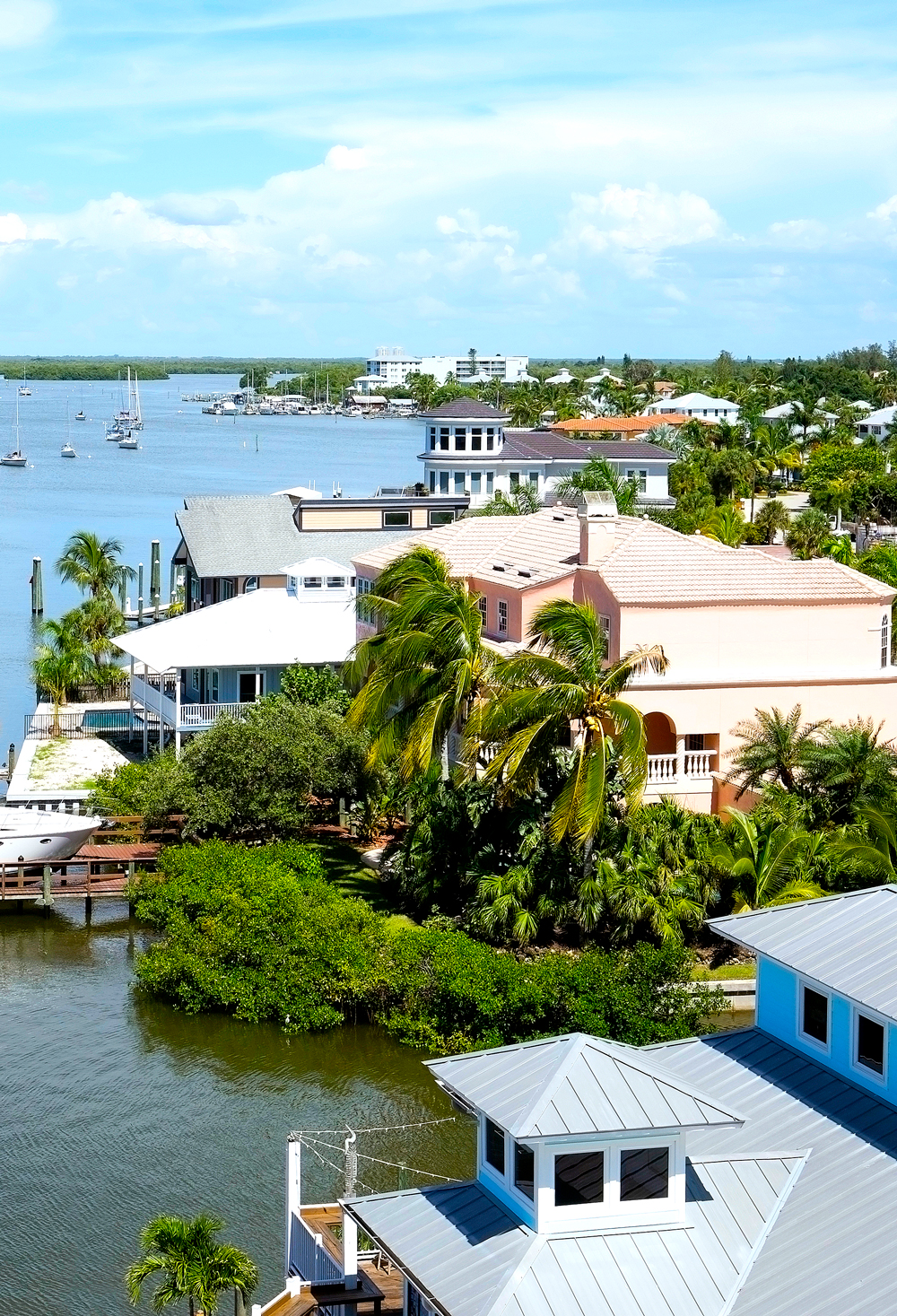While some U.S. cities, such as those in the Rust Belt, have seen population declines in recent decades, others are experiencing an influx of new residents. As such places expand to accommodate these growing populations, there’s plenty of upside for tourists, too — from exciting cultural attractions to new restaurants and hotels. To determine which cities are growing the most rapidly, U.S. News & World Report tracked the influx of new residents measured against departing residents in major U.S. cities over the past five years. The result: an updated list of the country’s 25 Fastest-Growing Places. Below, discover the fastest-growing cities across nine different states for 2024.
Charleston, South Carolina

It’s tough to call Charleston anything other than charming — which is perhaps why so many Americans are moving to this coastal South Carolina city. Charleston’s colorful architecture and historic cobblestones are a draw for anyone who appreciates aesthetic appeal, but the city is also known for its refined culture. It is home to notable institutions including the Gibbes Museum of Art and the Charleston Museum, and hosts annual gatherings such as the Charleston Food and Wine Festival that draw thousands of attendees. Charleston’s temperate climate is appealing to boaters, beachgoers, and anglers, while history buffs flock to landmarks like Fort Sumter and the Charleston Battery.
Oklahoma City, Oklahoma
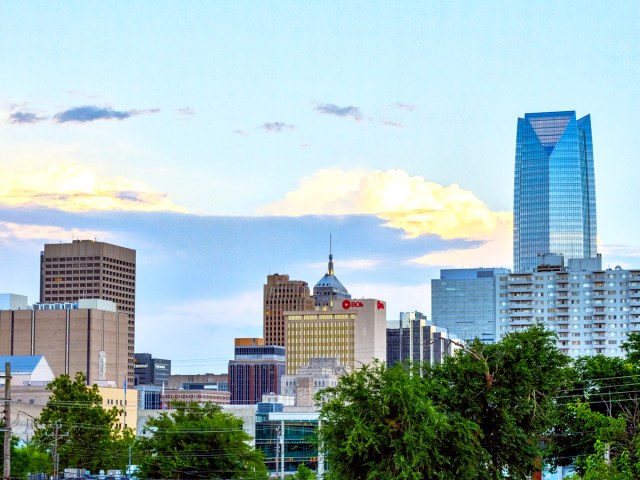
After the tragic 1995 bombings that put Oklahoma City in the national spotlight, the community bounced back in many ways — including launching the Brownfields Program in 2003, which revitalized underused and abandoned properties that contained possible environmental contaminants. The revitalization sparked a movement, resulting in investments in infrastructure and cultural institutions and creating a vibrant downtown. Thanks to these efforts, Oklahoma City is currently the 20th-fastest-growing city in the U.S. according to U.S. News & World Report, with projections to grow to 2 million people by 2040. And if plans are approved, OKC (yes, Oklahoma City) could also soon be home to the nation’s tallest skyscraper.
York, Pennsylvania
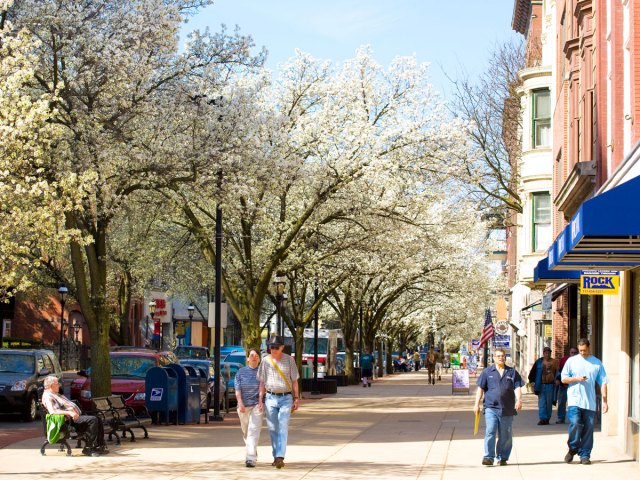
City officials are planning for 500,000 new residents in York, Pennsylvania, throughout the next decade. Its proximity to three major cities (Baltimore, Philadelphia, and Washington, D.C.) makes York highly desirable for residents who want a midsize city without giving up the nearby amenities of a larger metropolis. Nicknamed the “White Rose City,” York dates back to the colonial era, which means its buildings, streets, and landmarks ooze with historic charm. A special effort to revitalize the downtown area has also made the city more appealing to incoming residents and visitors alike.
Huntsville, Alabama
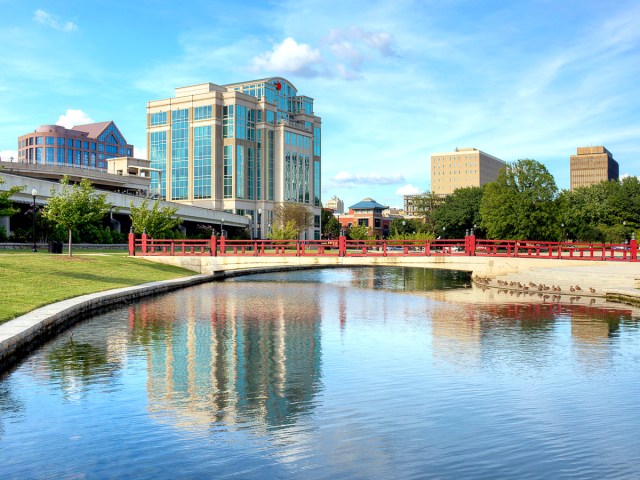
Huntsville, Alabama, is home to several key industries — including aerospace, defense, technology, and engineering — that are helping to fuel population growth. The city’s major employers include NASA’s Marshall Space Flight Center, the U.S. Army installation Redstone Arsenal, and tech companies like BAE System. Huntsville is also home to several higher-education institutions, such as the University of Alabama in Huntsville (UAH), Alabama A&M University, and Oakwood University, which translates to educational and job opportunities for its new and existing residents. Visitors can explore nearby nature trails and fascinating museums such as the U.S. Space & Rocket Center and the U.S. Veterans Memorial Museum.
Fayetteville, Arkansas
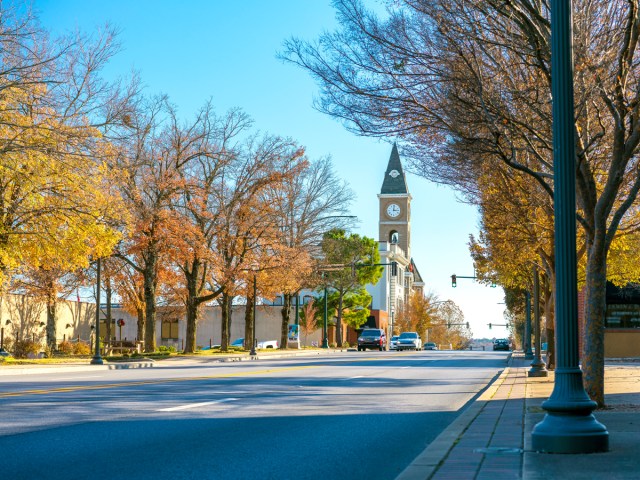
Home to the University of Arkansas, Fayetteville boasts a cost of living that is 9% lower than the national average. Another reason people are flocking to Fayetteville is its high level of community engagement — with weekly, monthly, and annual events such as local farmers markets, live public concerts, food truck gatherings, parades, and festivals. The city’s job market is boosted by major corporations including Tyson Foods, J.B. Hunt, and Walmart. Tourists can explore attractions both natural — such as the Botanical Garden of the Ozarks — and cultural, including shows at the award-winning TheaterSquared.
Reno, Nevada
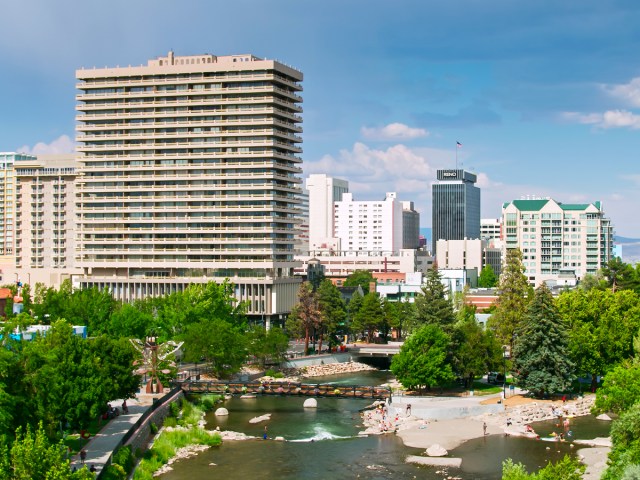
Reno, Nevada, seems to have something for everyone, which is perhaps why it’s the eighth-fastest-growing city in the country. Not only is Reno situated adjacent to the Sierra Nevada mountains — with easy access to the skiing, swimming, and natural beauty of California’s Lake Tahoe — but the city’s high-desert climate also leads to an average of 300 days of sunshine per year. The so-called “Biggest Little City in the World” offers much in the way of nightlife, with plenty of live entertainment venues, casinos, restaurants, and bars to choose from. Nevada’s lack of income tax also helps to lower the cost of living.
Baton Rouge, Louisiana
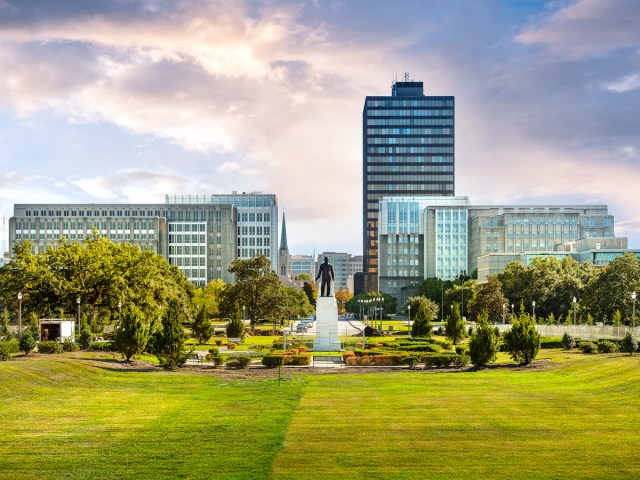
Ranked as the seventh-fastest-growing city in the U.S., Baton Rouge holds a lot of appeal to new residents — and is one of the country’s most underrated state capitals to visit. This Southern city is steeped in culture, with plenty of live music, eclectic food, and local festivals — including the Baton Rouge Blues Festival and annual Mardi Gras celebrations. Famous for its Cajun and Creole cuisine, Baton Rouge is also home to Louisiana State University (LSU) and a number of important industries, including petrochemicals, agriculture, and government.
Killeen, Texas
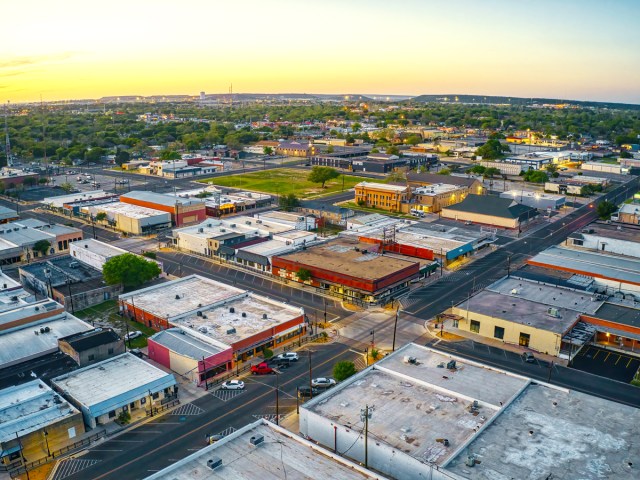
An hour’s drive north of Austin, Killeen is the Lone Star State’s newest hot spot — and the second-fastest-growing city in the U.S., as of 2024. With more than 160,000 residents, the midsize city has a notably low cost of living, which makes it especially desirable to new residents. Home to the Fort Cavazos military base, Killeen also retains a strong sense of community and is popular among families. It also is in a central location to several public and private universities, including the local Central College Texas, Baylor University to the north, Texas A&M University to the east, and the University of Texas, Austin to the south.
Fort Myers, Florida
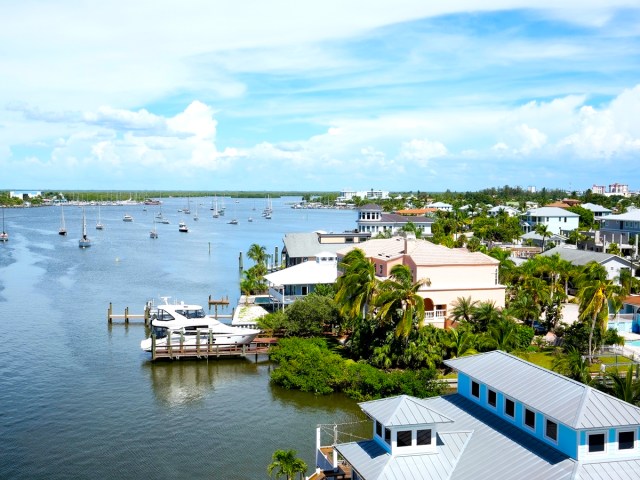
Fort Myers was not only ranked the fastest-growing city in Florida (from a total of 11 Florida cities included in the U.S. News & World Report list), but also earned the No. 1 spot in the nation. With its tropical climate, abundant sunshine, and easy access to Fort Myers Beach and Sanibel Island, it’s easy to see why tourists love Fort Myers — and why so many Americans are moving to the Southern Florida city. The city has no shortage of outdoor activities like golfing, fishing, and boating. The largest nature preserve in Fort Myers, Six Mile Cypress Slough, is home to 3,500 acres of protected land and features a 1.2-mile boardwalk that takes you deep into the Florida wetlands.
More from our network
Daily Passport is part of Inbox Studio, which publishes content that uplifts, informs, and inspires.






